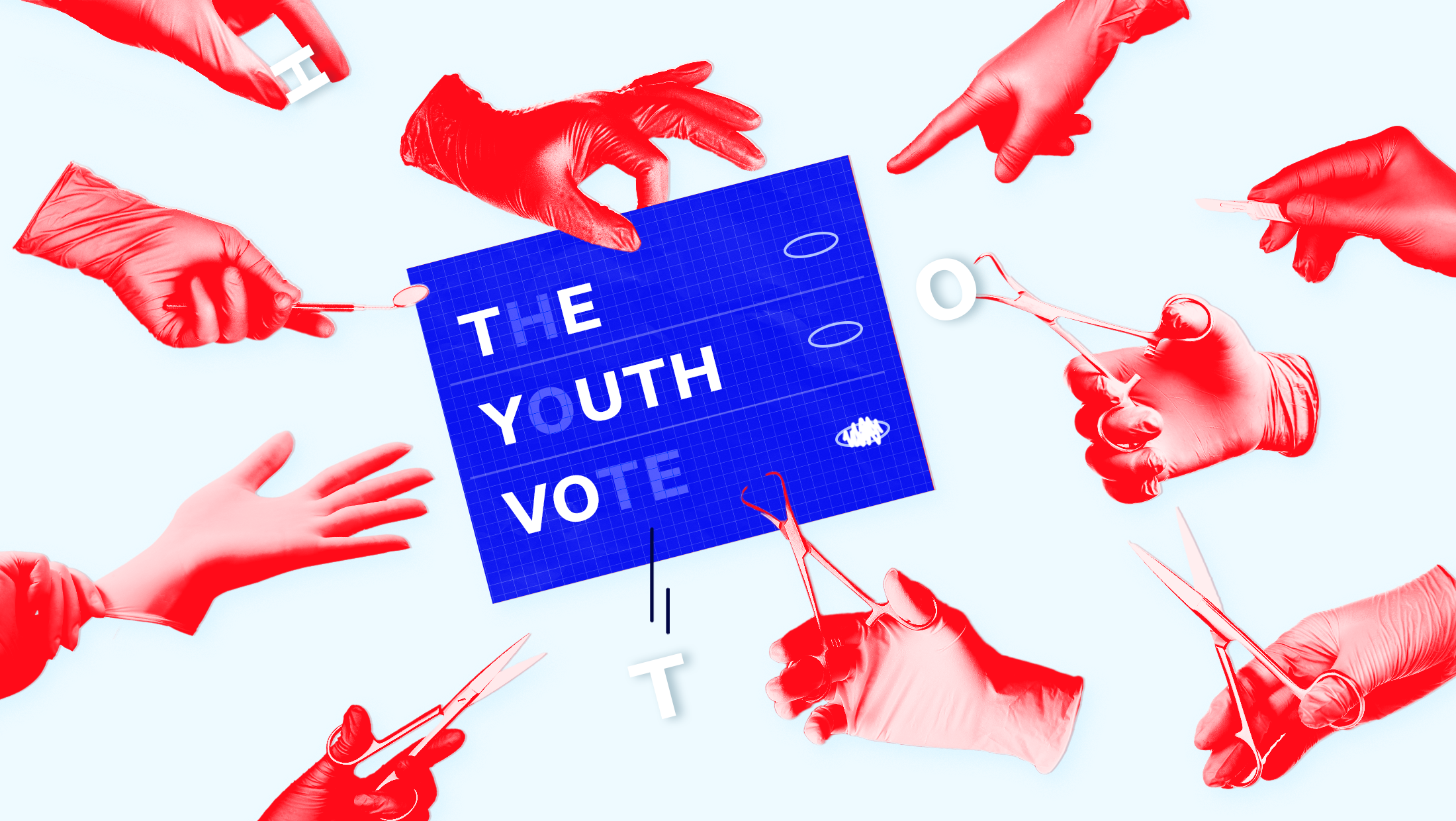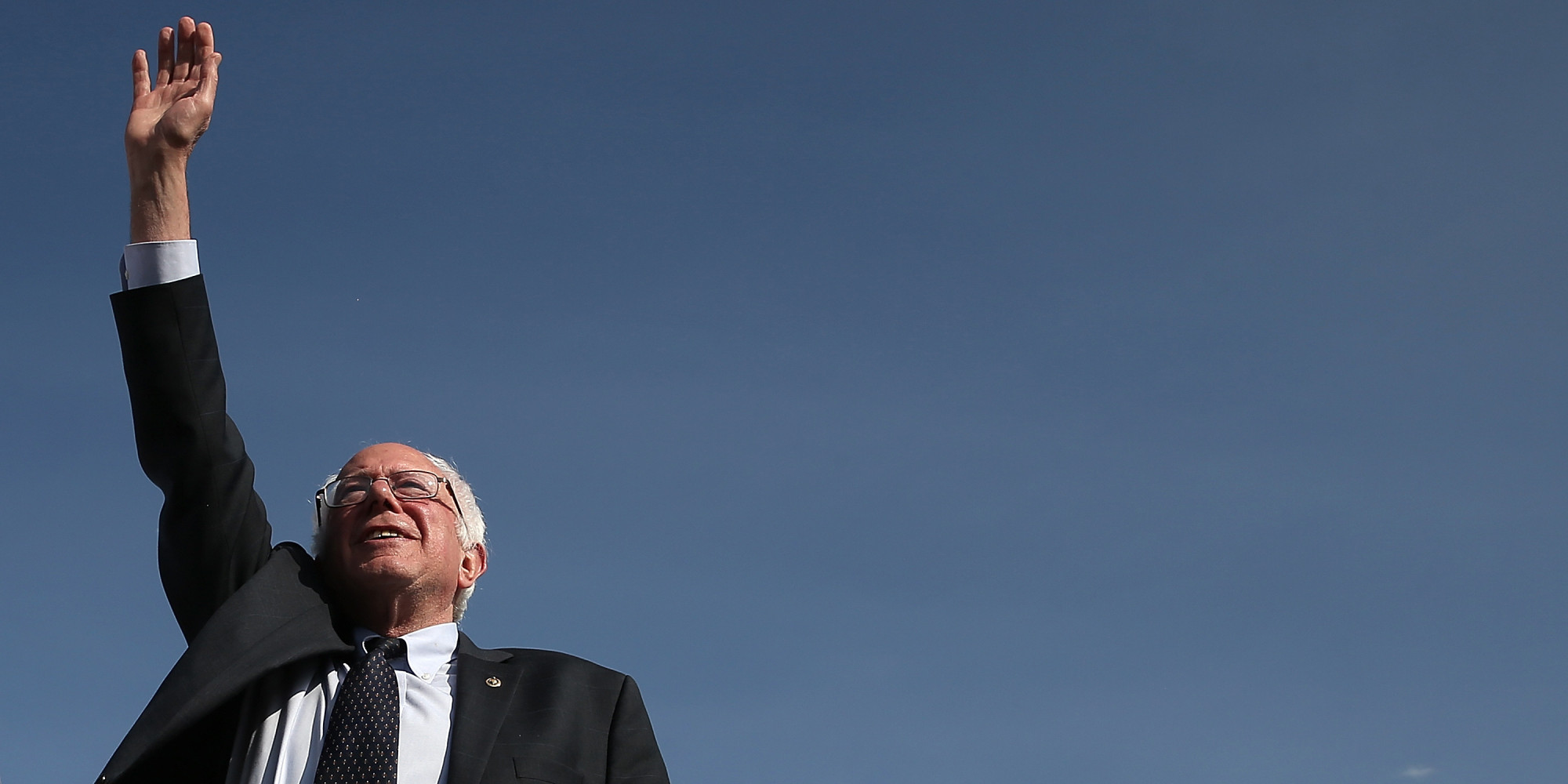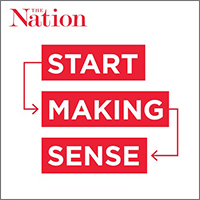
Listen HERE
LA’s political scandal is about the racism of some Latino politicians. Harold Meyerson has the big picture: Ethnic succession is the history of urban politics in the US. In America today, progressives need ethnic and racial alliances, and the participants in this taped conversation have to go.
Also: Nurses have taken the lead in the wave of this year’s labor activism. The largest private-sector nurses’ strike in American history took place recently in Minnesota. Bryce Covert reports a key front in the fight for better health care in America.
Plus: There’s a novel, which is sort of about the murder of Emmett Till in Money Mississippi in 1955, written by a professor at USC, that’s been shortlisted for the Booker Prize. The author is Percival Everett, and the book is called “The Trees.” John Powers comments. (originally broadcast in October 2021). 10-13-2022

 ichael Wolff’s wonderful review of Jared Kushner’s memoir says “everyone hated Jared” (September 9). But what about Ivanka?”
ichael Wolff’s wonderful review of Jared Kushner’s memoir says “everyone hated Jared” (September 9). But what about Ivanka?”






